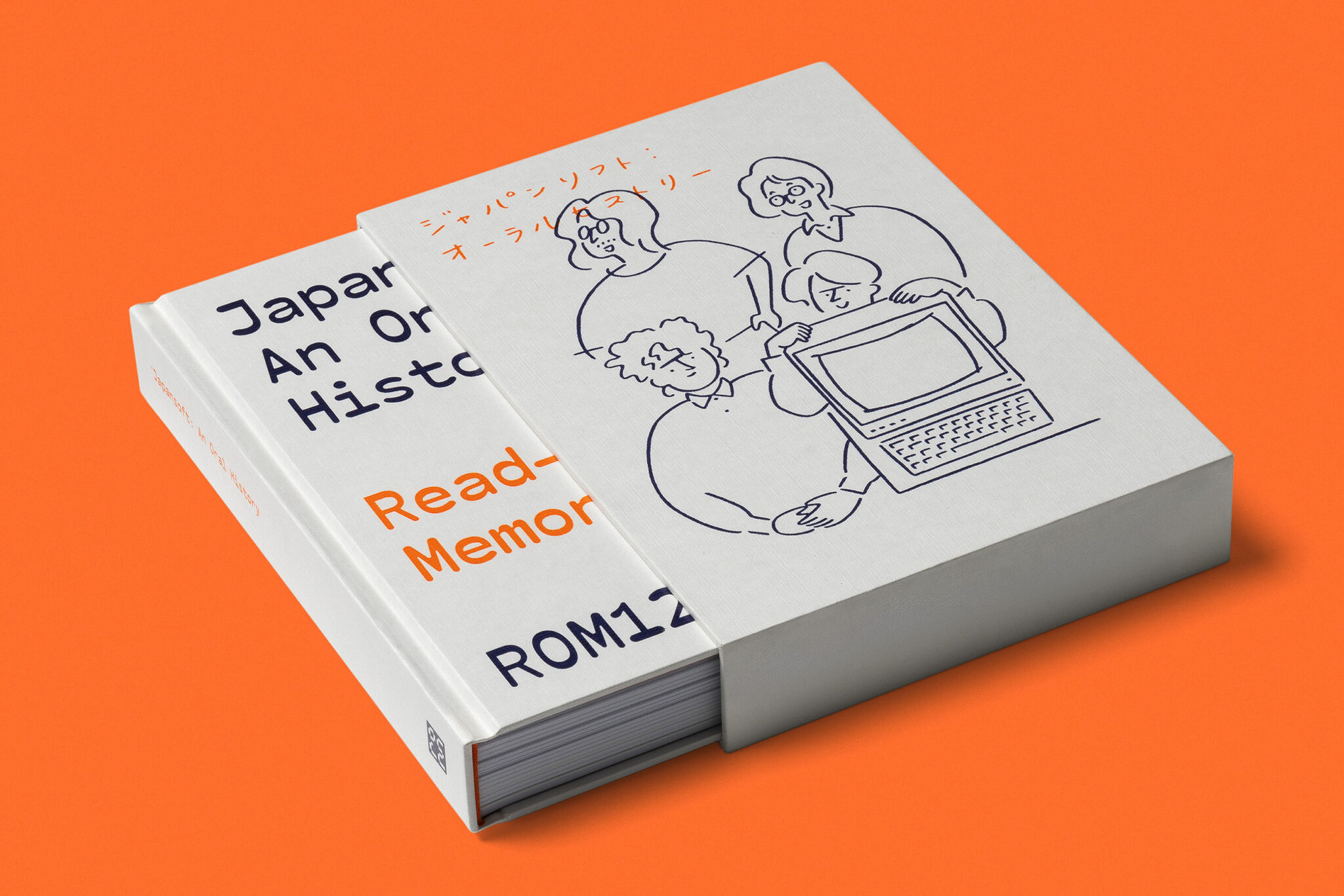Japansoft second edition
Sunday, September 8, 2024 ・ Book

A new edition of Japansoft: An Oral History is out, available in a limited slipcase edition of 500 signed copies and a paperback!
I edited this book of interviews with members of the early generation of Japanese game developers a few years ago, and now it’s returning in a new slipcase edition, complete with a new preface chapter.
It was great to get the call that the book was to be revived, and I was even happier to get a chance to add the preface. The original’s introduction set out the historical context in which the first Japanese game developers began to work, but it lacked a more reader-focused context that addressed the question: why are Japanese games important? And what makes them special?
Since it’s a book very much made for the Western readers, I wanted to answer these questions from Western perspectives. So, I interviewed seven people who have very different experiences with Japanese videogames.
There are three game developers who ended up living in Japan: Giles Goddard is a British developer who went to work at Nintendo on Star Fox and founded his own Japanese studio. Mark MacDonald is an American translator, producer and business developer who co-founded Enhance Experience, maker of Tetris Effect and Humanity. Rhodri Broadbent worked on Fable at Lionhead before moving to Japan and joining Q-Games and then founded his own studio, Dakko Dakko.
Then there’s Richard Garriott, originator of Ultima, and Robert Woodhead, co-originator of Wizardry, who both had profound effects on Japanese games.
There’s Chipzel, the chiptune and videogame composer whose music is deeply founded on Japanese videogames. And finally, there’s John Szczepaniak, who did the original interviews on which the book is based.
Through their words, I hope that new readers get an idea of why it’s so relevant to devote a book to the early Japanese game developers, starting with a view from the outside looking in, before the rest of the book is very much from the inside.
The slipcase edition looks beautiful in particular, because of course it does, it’s a Read-Only Memory book. It’s a shame that it’s defaced by my mess of a signature (and also John Szczepaniak’s), but hey. Signing your name 500 times is a really odd experience and it made my hand hurt, so it’s totally worth £50.